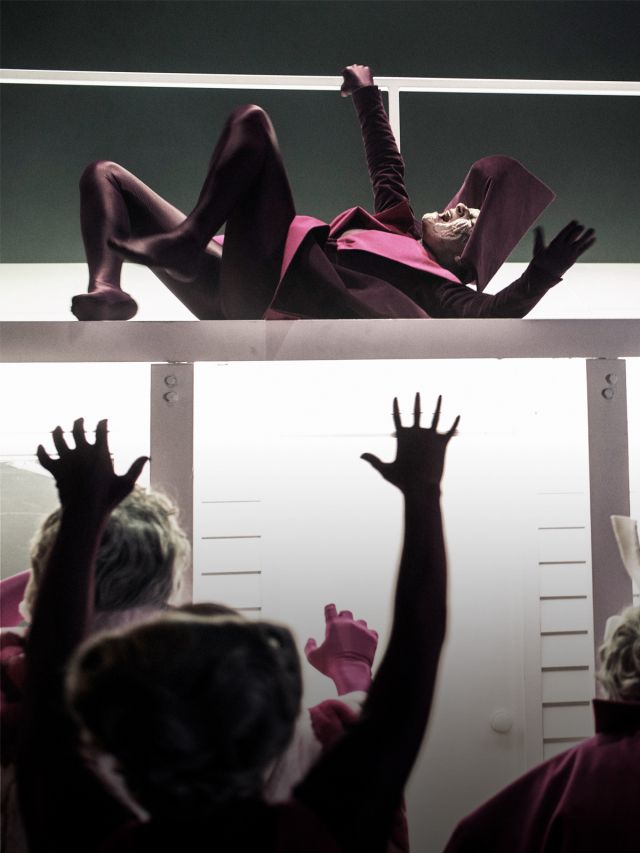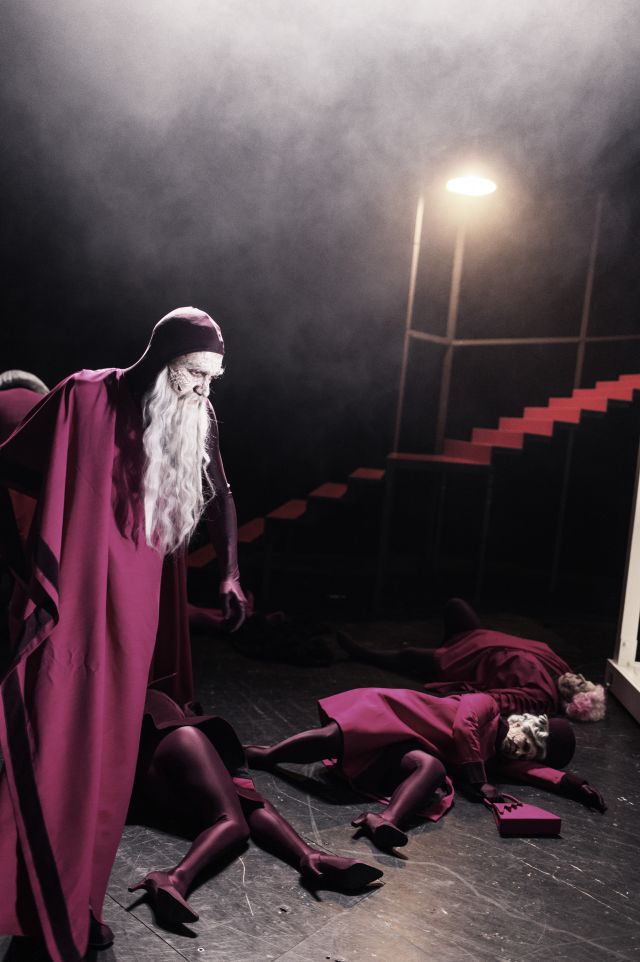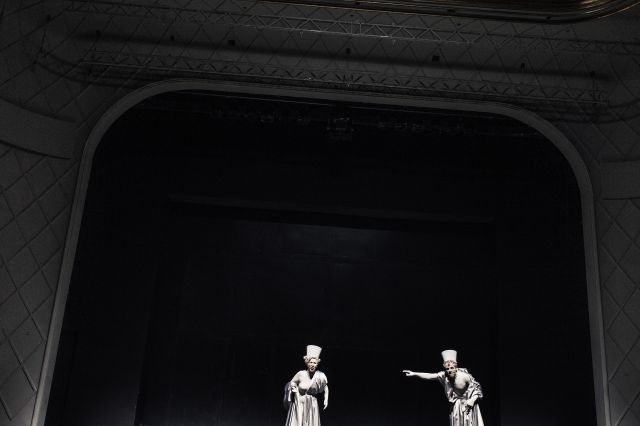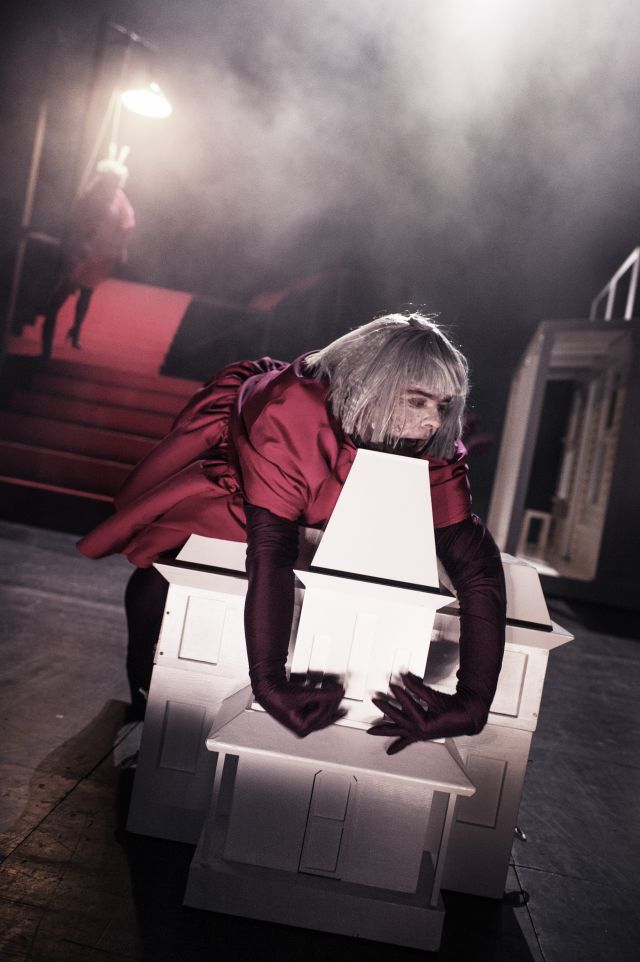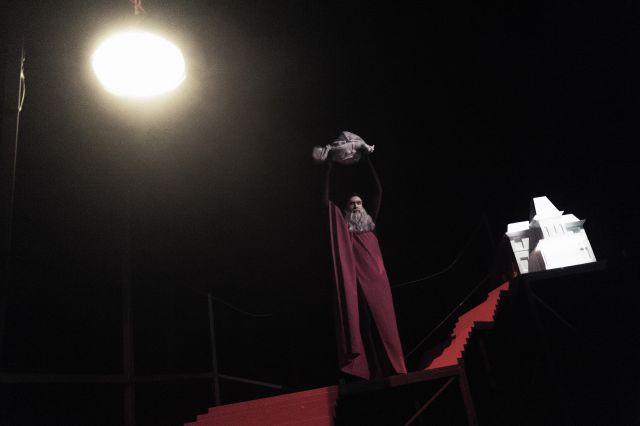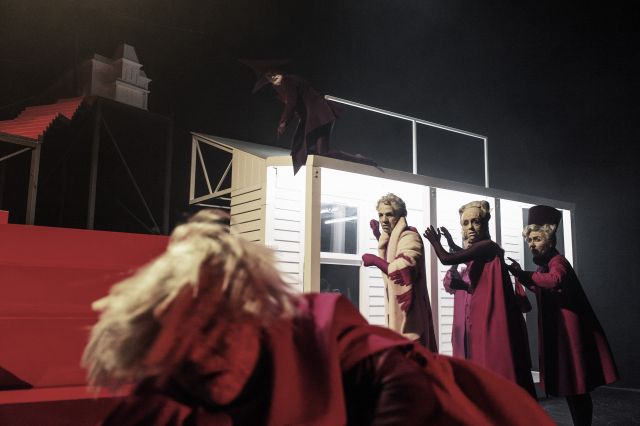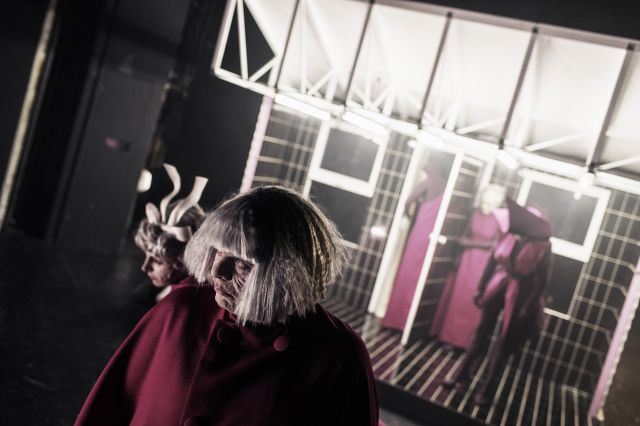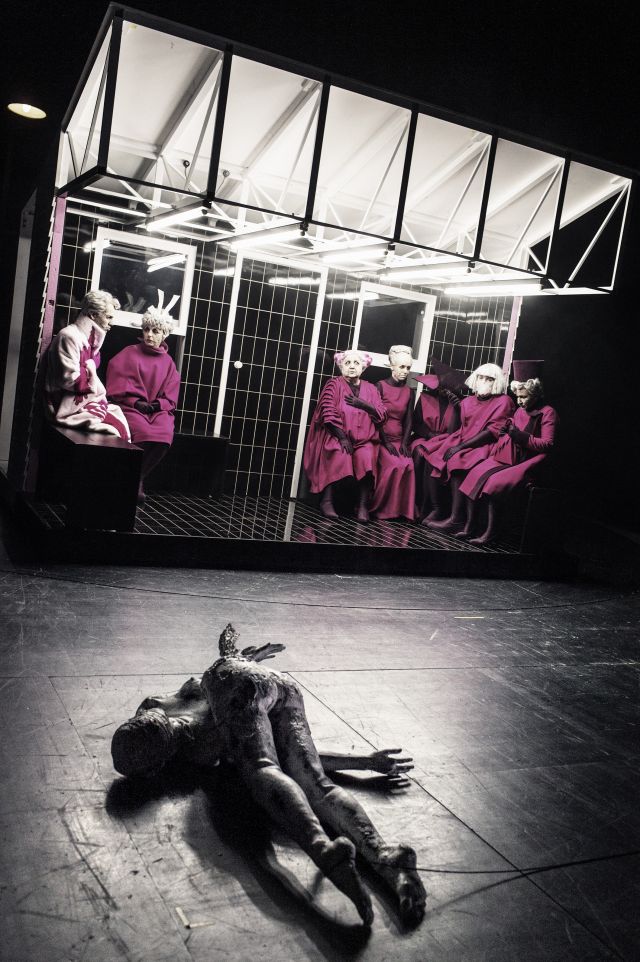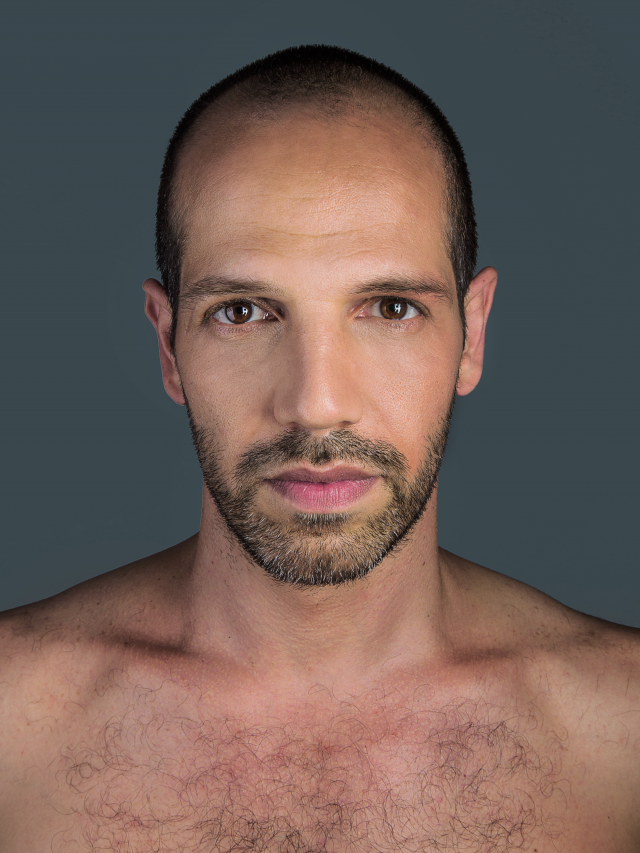Skip to main content
Ödipus und Antigone
Adapted from Sophokles
The case seems unbelievably simple: One brother defends their hometown against the attack of the other. Both fall. The defender receives an honourable burial with a salute, the other remains in the di ...
The case seems unbelievably simple: One brother defends their hometown against the attack of the other. Both fall. The defender receives an honourable burial with a salute, the other remains in the dirt outside the city. But the prehistory of this family is extremely complex and characterized by paedophilia, incest, murder, kidnapping, expulsion and suicide. The survivors' dispute over proper funeral rituals escalates into the demise of their house and the city.
Fate, one would say, and no longer ponder the self-made problems of this ruling dynasty, if there hadn't been the antique theater and its authors who have filtered out a conflict from the royal saga, which is persistently questioning society and its foundations until today. For more than 2,500 years theatre-makers have been puzzling over this text, trying to decode its positions in the dispute between faith and reason, the individual and the community, rights and justice.
Ersan Mondtag recounts the story of Antigone in the context of the myth of Antigone's father, Oedipus. Oedipus, brother and father, husband and son, tried to flee his fate, only to realize in the end that there is no escape. Disillusioned, he hands over his power, gouges his eyes out and runs away from the city. But the story goes on. It is not a special moral case, but part of a history of violence, of failure, of displacement and of lies, of love and the longing for better times, someday.
Photo: ©Armin Smailovic
Premiere: March 11th, 2017
Based on
Sophokles
Directed by
Ersan Mondtag
